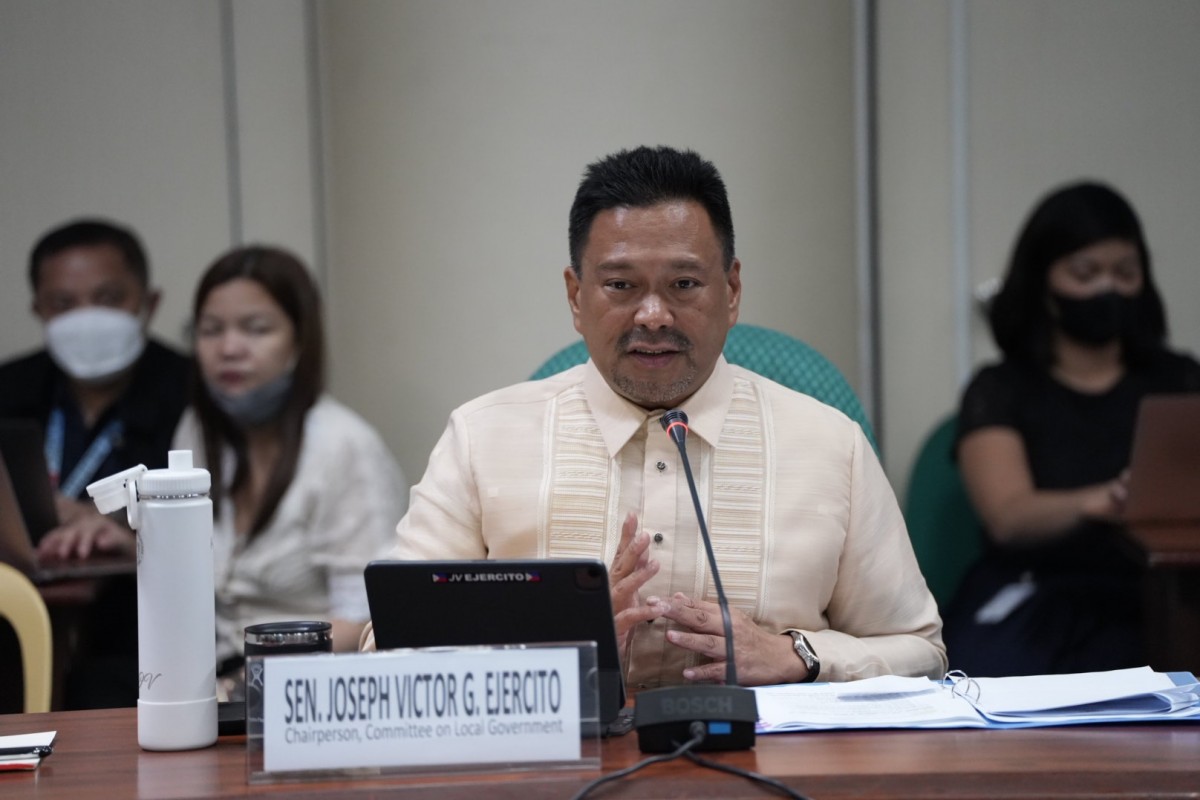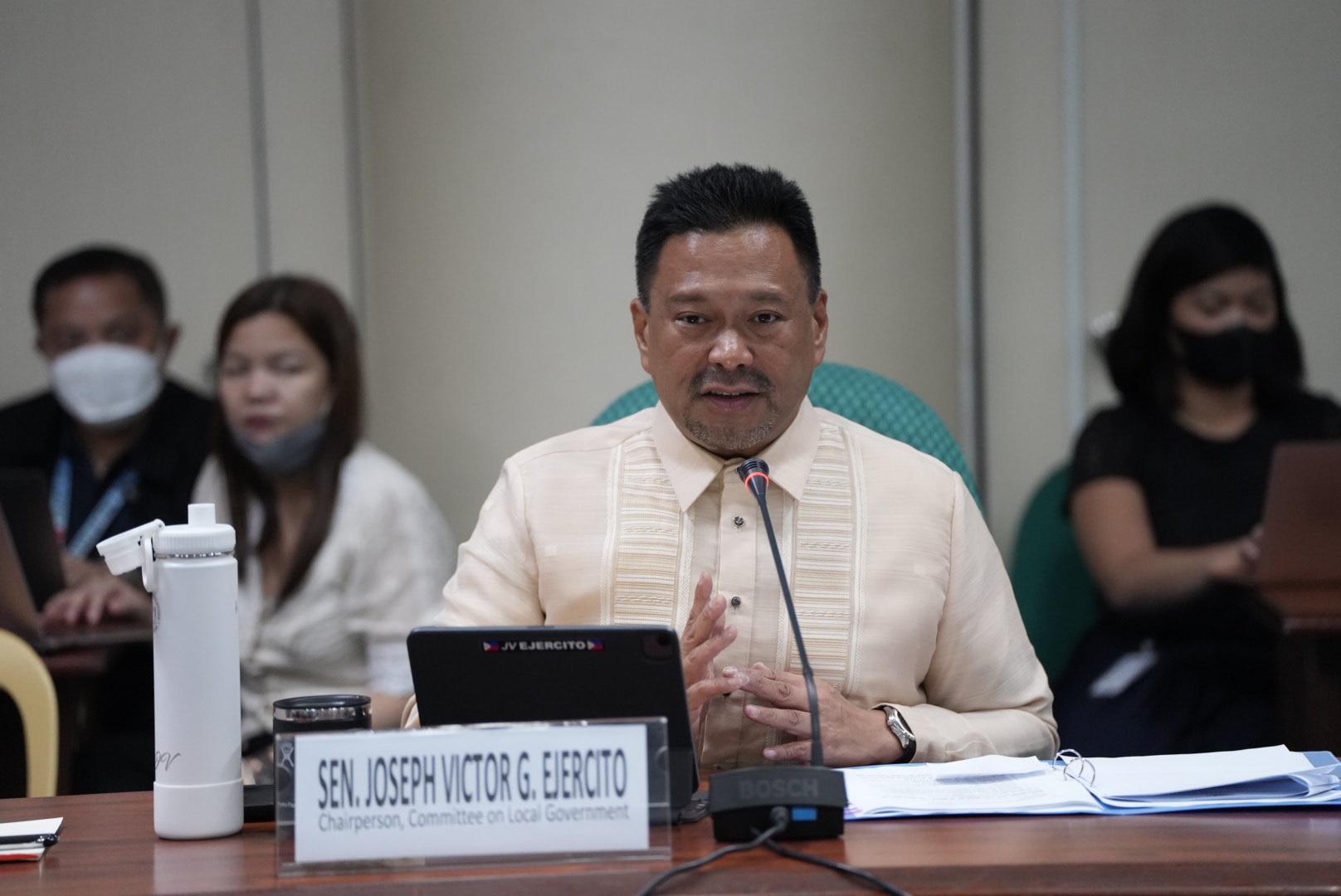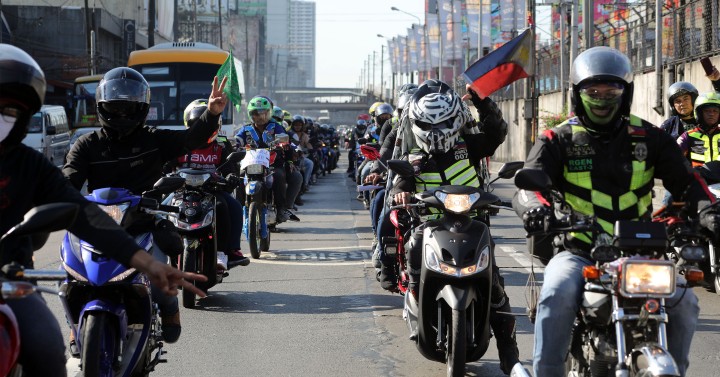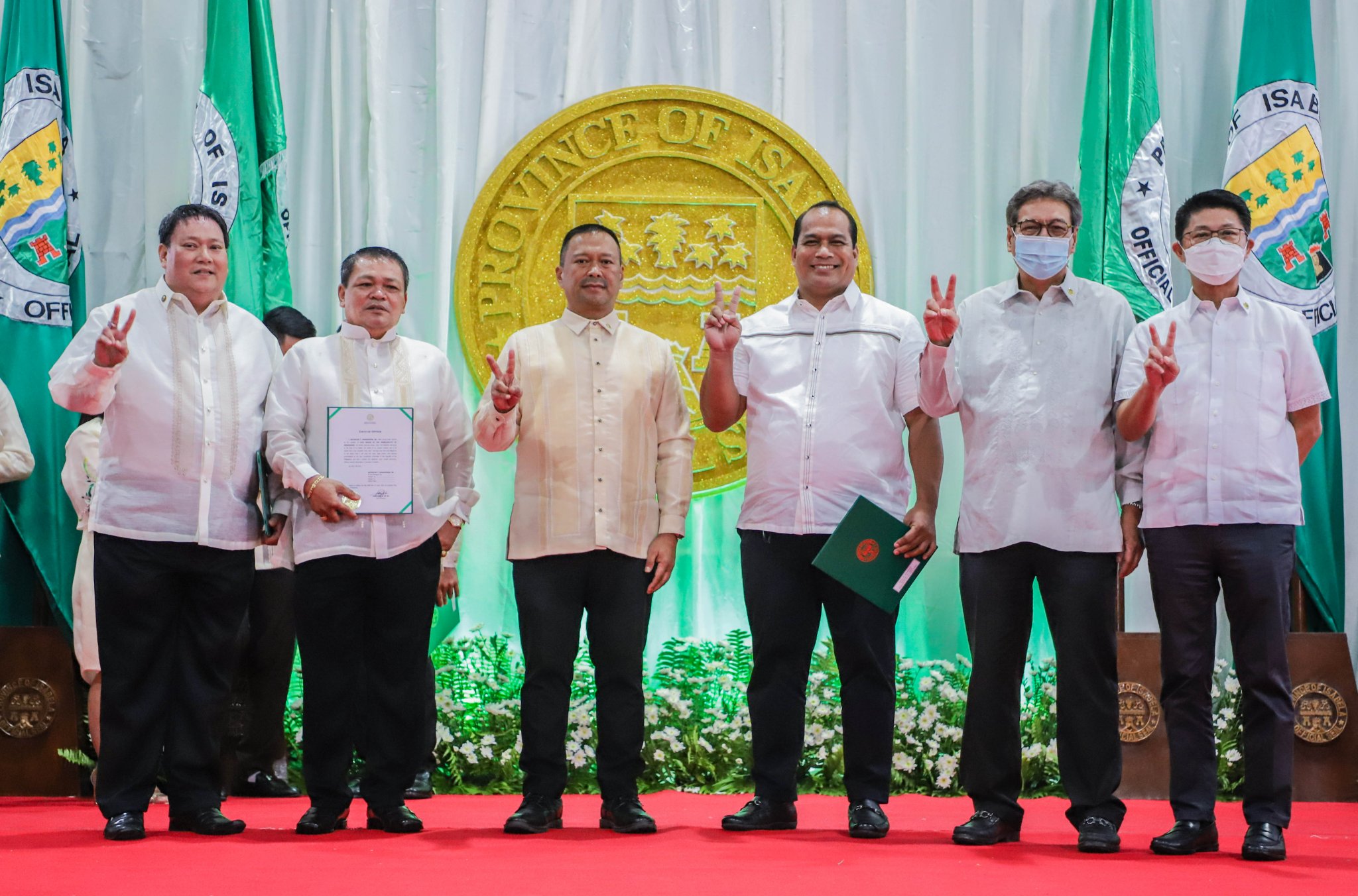PASAY CITY -- Senator Joseph Victor “JV” Ejercito said infrastructure development can help facilitate the reintegration of overseas Filipino workers (OFWs) returning to the country.
During a hearing of the Senate Committee on Economic Affairs, Ejercito told officials of the Department of Migrant Workers (DMW) to study how returning OFWs can benefit from the country’s infrastructure and industrialization programs.
“Yung sa mga OFWs natin, probably in the long term, kung talagang matuloy itong industrialization natin at matapos yung mga infrastructure, yung integration ng OFWs, that should be part of the long-term plan of the DMW,” he said.
“When the infrastructure is already in place, I think with the creation of the growth nodes, we can already include the reintegration of our OFWs in this long-term comprehensive master plan,” he added.
Heeding Ejercito’s proposals, Migrant Workers Undersecretary Hans Leo Cacdac said the DMW will expand its current reintegration program, which has already assisted returning engineers and teachers.
“Meron na tayong mga karanasan. Siguro, ibrobroaden nalang natin at lalakihan nalang natin ang scale para po mas marami ang makabalik at makapagtrabaho,” he said.
Furthermore, Ejercito asked the Department of Transportation (DOTr) to prioritize the hiring of returning OFWs in building and operating the country’s major railway projects.
“I think that the DOTr would need itong mga skilled workers natin, especially sa mga railways and others,” he said.
Ongoing railway projects, such as the North South Commuter Line, South Long Haul, and Mindanao Railway, are expected to spread development across the country’s rural areas and pave the way for growth development areas beyond Metro Manila and other major urban centers, the lawmaker said.
“Once we finish all of these, we will create growth development areas and growth nodes in every province. We will have industrial parks, commercial areas, food terminal,” Ejercito said.
“Di dapat Metro Manila, Cebu or Davao lang. Dapat yung mga provinces, magkaroon ng opportunities,” he added.
In July, Ejercito filed Senate Bill No. 158, which seeks to create and institutionalize a comprehensive infrastructure development master plan.
The plan would cover several areas of development, such as transportation and logistics, energy, water resources, information and communications technology, social infrastructure, agri-fisheries modernization and food logistics, and asset preservation and maintenance strategies.
The lawmaker from San Juan said his proposed master plan hopes to ensure the continuity of the country’s infrastructure program, regardless of changes in administration.
“Ang problema sa’tin, because of the political system, laging nakatuon sa short- and medium-term because of the six-year term. Kung sino ang Presidente, titignan lang ‘yon. But now, we have to have a blueprint that we will follow in the next 20, 30, even 50 years,” he said. (OSJVE)





